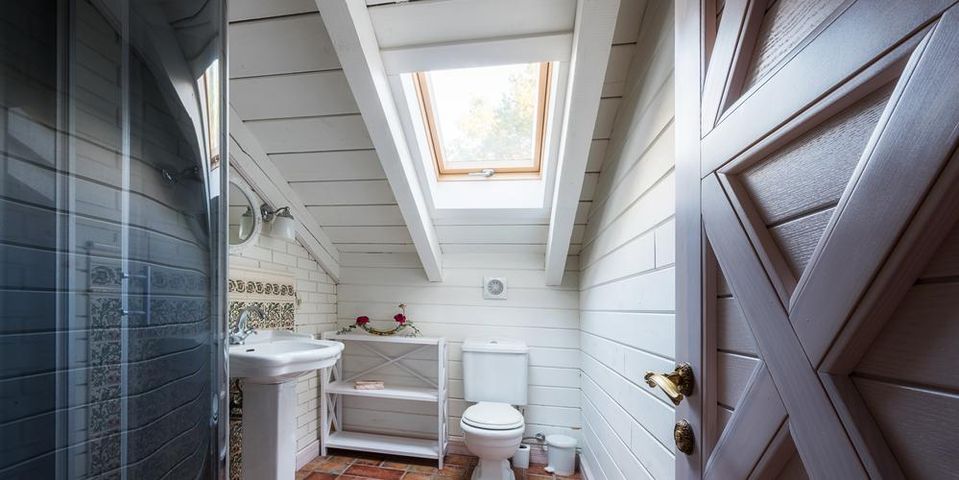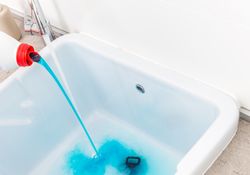Why Your Septic System Needs Good Bacteria

Septic systems process a lot of water and waste. For this reason, there are certain materials that should never go down your drains, including bleach, disinfectants, and chemicals. These items can kill the bacteria in your unit, leading to unpleasant malfunctions. Here’s a guide that will help you understand how your unit works and how to keep it functional.
The Importance of Bacteria in Septic Systems
Enzymes are responsible for breaking down the solid waste in your septic tank. As they consume the accumulated waste, they turn it into the sludge that settles in the unit, separating it from the liquids that are treated and dispersed through the drain field.
This natural process is designed for maximum efficiency. Without the bacteria, the tank wouldn’t safely process the liquids. Instead, it would fill up quickly and lead to plumbing failure and sewage backups.
How to Maintain the Bacteria in a Septic Tank
 To keep the bacteria in your tank active, don’t pour any products that contain chemicals down your drains. Anything with antibacterial properties can kill those enzymes and potentially disrupt the delicate balance of your unit. Products to avoid include bleach, drain clearing liquids, oils, and paint.
To keep the bacteria in your tank active, don’t pour any products that contain chemicals down your drains. Anything with antibacterial properties can kill those enzymes and potentially disrupt the delicate balance of your unit. Products to avoid include bleach, drain clearing liquids, oils, and paint.
There are also additives you can use to replenish the bacteria in your equipment, including Bio-Tabs®. You can have a septic contractor add these during pumping service, or flush the extra enzymes directly into your tank through a toilet. Even if the culture in your tank is healthy, these products may help your system work more efficiently.
If you need assistance maintaining your septic system, the professionals at Around The Clock Pumping in Alaska will help. Serving Anchorage, the Kenai Peninsula, and the Matu-Su Borough, they carry Bio-Tabs® to help you keep your system in top shape. They also provide 24/7 service for emergencies. Learn more about their work on their website, or call (907) 345-9126 to schedule an appointment.
About the Business
Have a question? Ask the experts!
Send your question

